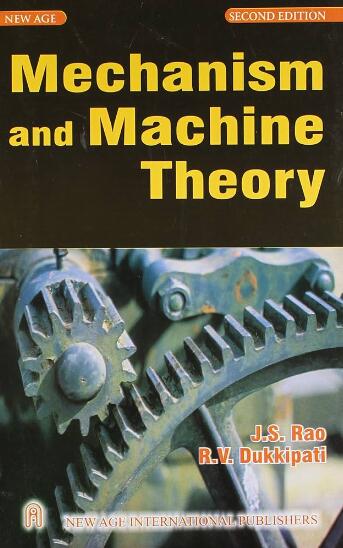简单复杂环境下的动力学全局规划:一种混合整数方法
IF 4.5
1区 工程技术
Q1 ENGINEERING, MECHANICAL
引用次数: 0
摘要
这项工作将汽车类车辆的动力学规划问题作为一个优化任务来计算最小时间轨迹及其相关的速度轮廓,并受到速度、加速度和转向的边界条件的约束。该方法同时优化了空间路径以及加速和转向控制的顺序,确保了从指定的初始位置和速度到目标端点位置和速度的连续运动。该方法通过分析可容许的控制空间和地形来避免局部极小值。该方法在简单复杂的环境中有效运行,是捕获复杂3D景观的首选地形表示。该问题最初被提出为具有二次约束的混合整数分数规划,然后通过变量变换将其重新表述为混合整数双线性目标,随后使用麦考密克包络将其松弛为混合整数线性规划。与MPPI和log-MPPI等规划器的比较仿真表明,在严格遵守指定约束的情况下,所提出的方法生成解决方案的速度提高了104倍。本文章由计算机程序翻译,如有差异,请以英文原文为准。
On kinodynamic global planning in a simplicial complex environment: A mixed integer approach
This work casts the kinodynamic planning problem for car-like vehicles as an optimisation task to compute a minimum-time trajectory and its associated velocity profile, subject to boundary conditions on velocity, acceleration, and steering. The approach simultaneously optimises both the spatial path and the sequence of acceleration and steering controls, ensuring continuous motion from a specified initial position and velocity to a target end position and velocity. The method analyzes the admissible control space and terrain to avoid local minima. The proposed method operates efficiently in simplicial complex environments, a preferred terrain representation for capturing intricate 3D landscapes. The problem is initially posed as a mixed-integer fractional program with quadratic constraints, which is then reformulated into a mixed-integer bilinear objective through a variable transformation and subsequently relaxed to a mixed-integer linear program using McCormick envelopes. Comparative simulations against planners such as MPPI and log-MPPI demonstrate that the proposed approach generates solutions times faster while strictly adhering to the specified constraints.
求助全文
通过发布文献求助,成功后即可免费获取论文全文。
去求助
来源期刊

Mechanism and Machine Theory
工程技术-工程:机械
CiteScore
9.90
自引率
23.10%
发文量
450
审稿时长
20 days
期刊介绍:
Mechanism and Machine Theory provides a medium of communication between engineers and scientists engaged in research and development within the fields of knowledge embraced by IFToMM, the International Federation for the Promotion of Mechanism and Machine Science, therefore affiliated with IFToMM as its official research journal.
The main topics are:
Design Theory and Methodology;
Haptics and Human-Machine-Interfaces;
Robotics, Mechatronics and Micro-Machines;
Mechanisms, Mechanical Transmissions and Machines;
Kinematics, Dynamics, and Control of Mechanical Systems;
Applications to Bioengineering and Molecular Chemistry
 求助内容:
求助内容: 应助结果提醒方式:
应助结果提醒方式:


